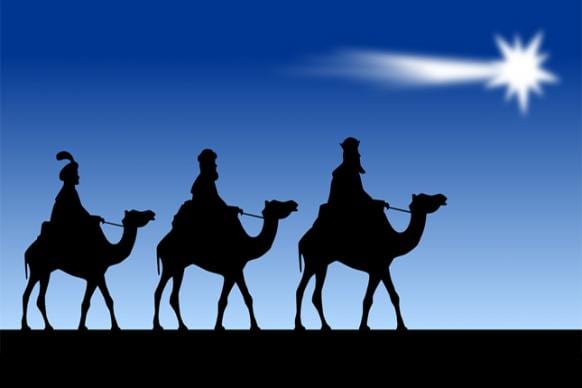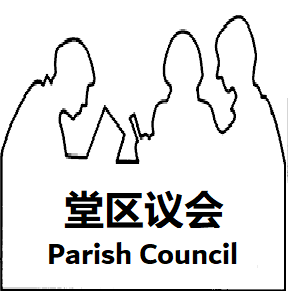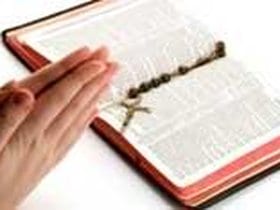
Epiphany
What is the meaning of Epiphany?
Jesus revealed Himself as the Messiah, the Son of God and Savior of the world. (CCC 528) The difference between the Epiphany of the Lord Jesus Christ and the revelations of God in the Old Testament is that in Jesus, the Son of God revealed Himself to the world in His human nature – in flesh and blood.
Traditionally, the Solemnity of Epiphany celebrates 3 events in the life of Christ on earth:
- The adoration of the child Jesus by the magi.
- Jesus revealed Himself to the magi; they learned of the birth of the King of the Jews through a star and they searched for and found the newborn King of kings in order to pay homage to Him.
- The Baptism of Jesus by John the Baptist.
- John baptized Jesus in the Jordan river. Then the Holy Spirit, in the form of a dove, came upon Jesus and a voice from heaven proclaimed, “This is my beloved Son, with whom I am well pleased (Matthew 3:17, Mark 1:11, Luke 3:22).” The baptism of Jesus is a manifestation of Jesus as the Messiah and Son of God.
- 3 important reasons for the Baptism of Christ:
- God testified that Jesus is His Son (1John 5:9).
- To mark the beginning of Jesus’ public ministry.
- Through His Baptism, Christ sanctified the waters of baptism in His Church.
- The first public miracle of Jesus at the wedding feast in Cana.
- Jesus performed His first public miracle at the wedding feast in Cana at the request of His mother, Mary. The wine ran out and Jesus turned the water in six stone water jars (each holding twenty to thirty gallons) into wine (John 2:6). In doing so, Jesus revealed His glory, and His disciples began to believe in Him (John 2:11).
The gifts of the magi
The Gospel of Matthew tells us that the Magi brought three gifts: gold, frankincense, and myrrh (Matthew 2:11). Each gift had a meaning: gold is the gift for Jesus the King, frankincense – burned as an offering to God – is a gift for Jesus the Son of God, and myrrh – a burial ointment – is a gift for Jesus who would suffer and die on the Cross.
What does Catholic tradition say about the magi?
According to an 8th century manuscript: “The magi were the ones who gave gifts to the Lord. The first is said to have been Melchior, an old man with white hair and a long beard… who offered gold to the Lord as to a king. The second, Caspar by name was young, beardless and ruddy… who honored Him as God by his gift of incense. The third, dark-skinned and heavily bearded, named Balthasar … by his gift of myrrh testified to the Son of Man who was to die.” (Excerpta et Collectanea)
Many things have been recorded about the magi in medieval calendars and paintings. It was said that the magi returned to the East and were later baptized by St. Thomas the Apostle. It was also said that they were martyred for the faith. The Catholic Church honors the magi as Saints. The Roman Martyrology lists the feast day of St. Melchior on Jan. 1, St. Balthasar on Jan. 6 and St. Caspar on Jan. 11.
The Cathedral in Cologne, Germany contains the Shrine of the Three Kings, which is a large reliquary in the shape of a basilica, plated with gold and silver, decorated with jewels and sculpted images. This beautiful reliquary contains the relics of the magi. The relics have attracted a constant stream of pilgrims to Cologne.
Epiphany Blessings
There is a special blessing of holy water on the vigil of Epiphany, which commemorated Jesus sanctifying the waters of baptism when He was baptized in the Jordan river. The blessing contains an exorcism against Satan and the fallen angels, hence the holy water is used in exorcisms. There is also a special blessing of homes and thresholds on the feast day of Epiphany, where the symbols C M B are inscribed above the front door. C M B stands for Christus Mansionem Benedicat, which means Christ Bless this House.
When is the Solemnity of the Epiphany of the Lord celebrated?
In the Catholic Church, Epiphany is celebrated on the 12th day after Christmas, which is January 6th. Beginning in 1970, Epiphany has been celebrated on the first Sunday after January 1st in the United States.
A little history on the celebration of Epiphany
Before 1955, Epiphany celebrated the 3 events in the life of Christ on earth: the adoration of the magi, the baptism of the Lord and the first public miracle of Jesus at the wedding feast in Cana. However, in 1955, a separate celebration of the Baptism of the Lord was introduced; it was celebrated 7 days after the Epiphany. In 1970, the date was changed once again to the first Sunday after January 6th. However, if the Solemnity of the Epiphany falls on January 7th or 8th, the Feast of the Baptism of the Lord is observed on the following Monday.
This year, 2023, the Solemnity of the Epiphany falls on January 8th, so the Feast of the Baptism of the Lord is celebrated on Monday, January 9, 2023.

The Christmas season comes to an end on Monday, January 9, 2023, with the feast day of the Baptism of the Lord; Mass at 12:00 noon will be in English. We are giving away the poinsettias. Please take one home with you.

We need volunteers to take down the Christmas trees and decorations and store them properly. Please coordinate with Angela and Daisy.

Attention all Pastoral Council members, our monthly meeting for January will be held today. In order for us to begin the meeting and end on time, please proceed to the conference room immediately after Mass.

The 2023 Chinese liturgical calendars are now available. Each copy is only $5. Come and get your copy before it is sold out.

Prayer List: Liang Chenjing, Deng Lizhen, Pan Bohao, Angela Griffin, Wang Dacheng, Long Guorui, Zhang Qiang, Li Kuiying and Xu Taicheng.